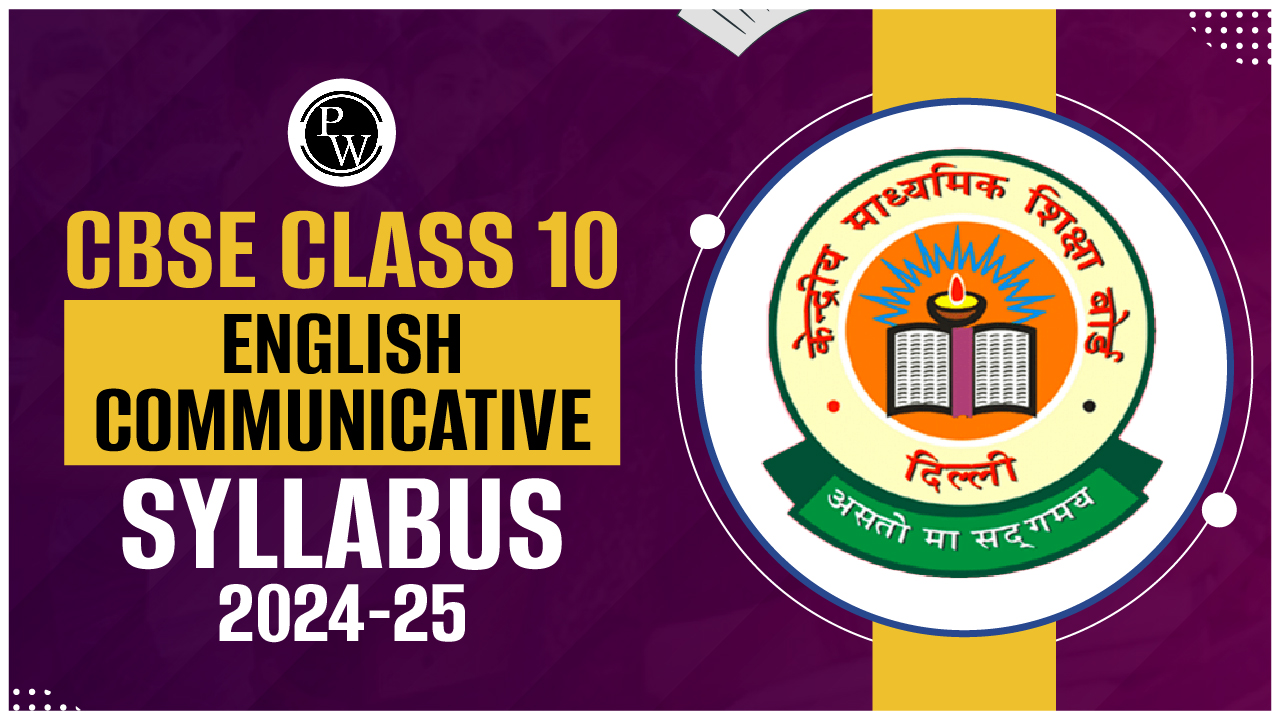Class 11 Commerce Exam Preparation Tips for Students

Class 11 Commerce Exam Preparation Tips for Students: Class 11 marks the beginning of an important academic journey for commerce students. This phase serves as a foundation for advanced concepts you will face in Class 12 and beyond. Many students often wonder, “Is commerce hard in Class 11?” or “Is commerce easy in Class 11?”
The truth is, that the difficulty level depends on your preparation strategy, dedication, and understanding of the subjects. We will explore effective Class 11 Commerce Exam Preparation tips to help you ace your exams confidently.
Check out: Commerce Class 11th Books
Class 11 Commerce Exam Preparation Tips
The main focus is on “how to study for Class 11” effectively by using practical, real-world strategies. While the common concern among students is, “Is commerce hard in Class 11?”, this discussion will shift towards exploring how commerce can be easy with the right approach and preparation techniques.
Understand the Syllabus Before going Deep
Before going into your studies, familiarize yourself with the syllabus for Class 11 commerce. The main subjects include:
-
Accountancy: Basics of accounting, journal entries, ledger, and trial balance.
-
Business Studies: Fundamental concepts of business, trade, and commerce.
-
Economics: Introduction to microeconomics and statistics.
-
Mathematics/Applied Mathematics (if opted): Topics such as calculus, statistics, and probability.
-
English: Grammar, comprehension, and writing skills.
Having a clear understanding of the syllabus helps you understand topics and use time efficiently. Also, breaking down each subject into smaller topics will make studying more manageable and less overwhelming.
Focus on Fundamental Clarity
Commerce subjects are interconnected, so understanding the basics is critical. Here’s how to make each subject easier:
-
Accountancy: Start with understanding accounting principles like debit and credit, and practice ledger entries daily.
-
Economics: Grasp the concepts of demand, supply, and elasticity through real-life examples.
-
Business Studies: Learn definitions and case studies to understand how businesses operate in real scenarios.
Invest time in building a solid foundation. Use NCERT textbooks and additional reference books for base insights. If something feels confusing, ask your teachers or use online resources.
Check out: Commerce Books
Timetable for commerce students class 11
If you have a structured timetable for commerce students, class 11 is essential for staying on track.
-
8:30 AM - 9:30 AM: Focus on Business Studies chapters.
-
10:30 AM - 11:30 AM: Practice Economics problems, especially graphs and numerical questions.
-
4:00 PM - 5:00 PM: Solve Mathematics questions or Applied Mathematics exercises.
-
6:00 PM - 7:00 PM: Revise key points and terminologies from Business Studies or Accountancy.
-
8:00 PM - 9:00 PM: Solve sample papers or attempt quizzes.
A detailed study plan specifically designed for commerce students is needed. Edit this timetable according to your learning pace and weak areas. Consistency is key to building momentum and success.
Check out: Commerce Stream Sample Papers Book
Use Note-Making Methods:
Good notes are your good friends during revision. Follow these tips:
-
Make Sticky notes: write down important terms and formulas on small notes.
-
Draw Charts and Diagrams: Visual help can simplify complex concepts.
-
Highlight Key Points: Use markers to make important information stand out in your notes.
Organize your notes subject-wise for easy reference during exams. Make sure to revise before the exam at least twice or use these sticky notes around you so that you can see it anytime.
Consistency and Revision Strategy
Consistency is more important than the number of hours you study. Stick to your timetable and avoid procrastination by:
-
Breaking big tasks into smaller, manageable ones.
-
Setting daily and weekly goals.
-
Rewarding yourself with breaks or hobbies when you meet your targets.
Small, consistent efforts lead to big results over time. The real question is not whether commerce is hard or easy but how prepared you are. With the right strategies:
-
Commerce becomes easy to understand because its concepts are practical and relatable.
-
Subjects like Accountancy and Economics build skills useful in everyday life and future careers.
Challenges are part of learning but can be overcome with focus and determination. Choose the right resources and keep practicing.
Also check, Commerce Class 12th Book
Strategic Revision Plan
Revisions help you retain what you learn. Dedicate specific time slots to reviewing:
-
Key formulas in Mathematics and Accountancy.
-
Important graphs and concepts in Economics.
-
Terminologies and definitions in Business Studies.
Make revisions a daily habit to ensure that you don’t forget what you’ve learned.
Prepare by Taking care of yourself
A healthy mind and body are essential for effective learning. To stay at your good:
-
Eat a balanced diet rich in brain-boosting foods like nuts, fruits, and vegetables.
-
Exercise regularly to improve focus and reduce stress.
-
Get 7-8 hours of sleep every night to keep your mind fresh.
Practicing mindfulness techniques like meditation can also help you stay calm and focused.
Commerce in Class 11 can be easy if you approach it the right way. Focus on understanding concepts, practicing regularly, and staying consistent with your efforts. By following these strategies, you’ll not only excel in exams but also develop a strong foundation for Class 12 and future studies.
Check, PW Stationery
Class 11 Commerce Exam Preparation FAQs
1. How can I make Commerce easier in Class 11?
Focus on building a strong conceptual foundation, use resources like NCERT solutions, and practice regularly to improve understanding and confidence.
2. How much time should I dedicate daily to studying Commerce subjects?
Dedicate at least 4-5 hours daily, divided across subjects. Ensure consistent revision and focus on weaker areas to maximize results.
3. How important is a regular practice for Commerce subjects?
Regular practice is crucial, especially for numerical subjects like Accountancy and Economics, to improve accuracy and time management.











